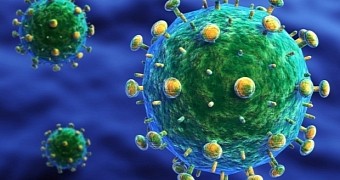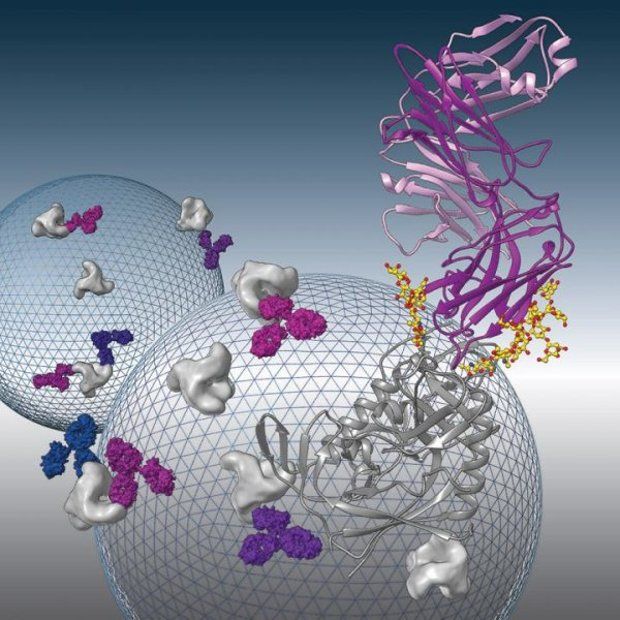In recent years, science has started looking into the possibility to use so-called broadly neutralizing antibodies (bNAbs, for short) to keep HIV infections on a tight leash.
As opposed to non-broadly neutralizing antibodies, which are tailored for specific HIV strains, broadly neutralizing ones can take on and destroy various forms of the virus.
Recovered from the blood of HIV patients whose immune system can control the infection all on its own, they work by altering the virus' structure just enough to deactivate it.
“These antibodies may protect a patient's healthy cells by recognizing a protein called the envelope spike, present on the surface of all HIV strains and inhibiting, or neutralizing, the effects of the virus,” researchers explain.
In a study published in yesterday's issue of the science journal Cell, Caltech specialists describe a broadly neutralizing antibody that appears well capable of recognizing and neutralizing HIV in different stages of infection.
This antibody owes its HIV-fighting abilities to the fact that it's trained to search for and recognize the envelope spike protein on the surface of the virus regardless of how it might transform during infection, the scientists say.
Other broadly neutralizing antibodies aren't quite as gifted
Having entered the body, HIV has the envelope spike proteins on its surface bind to a specific protein on the surface of human immune cells. This connection allows the virus to eventually fuse with the immune cells and turn them into nurseries for more virus specimens.
The majority of the broadly neutralizing antibodies thus far discovered and studied by scientists only recognize HIV based on the form its envelope spikes take during fusion with immune cells.
The broadly neutralizing antibody described by Caltech researchers in the journal Cell, however, can spot the envelope spike proteins and the virus carrying them both when alone and when romancing immune cells.
The potent antibody, called 8ANC195 and first documented in 2014, was too pulled from the blood of HIV patients who, although carrying the virus, could rely on their immune system to control the infection.
Now, Caltech researchers say it should be added to cocktails designed to fight HIV, especially since it can zoom in on the virus and neutralize it without having to take a specific form and thus signal its presence.
“8ANC195 is one more antibody that we can use therapeutically; it targets a different epitope [specific target] than other potent antibodies, and it has the advantage of being able to recognize multiple conformations,” specialist Louise Scharf said in a statement.
While HIV therapies involving broadly neutralizing antibodies are still in their early days, with just a few clinical trials ongoing, Louise Scharf and colleagues say 8ANC195 should not be ignored in future experiments.

 14 DAY TRIAL //
14 DAY TRIAL // 

